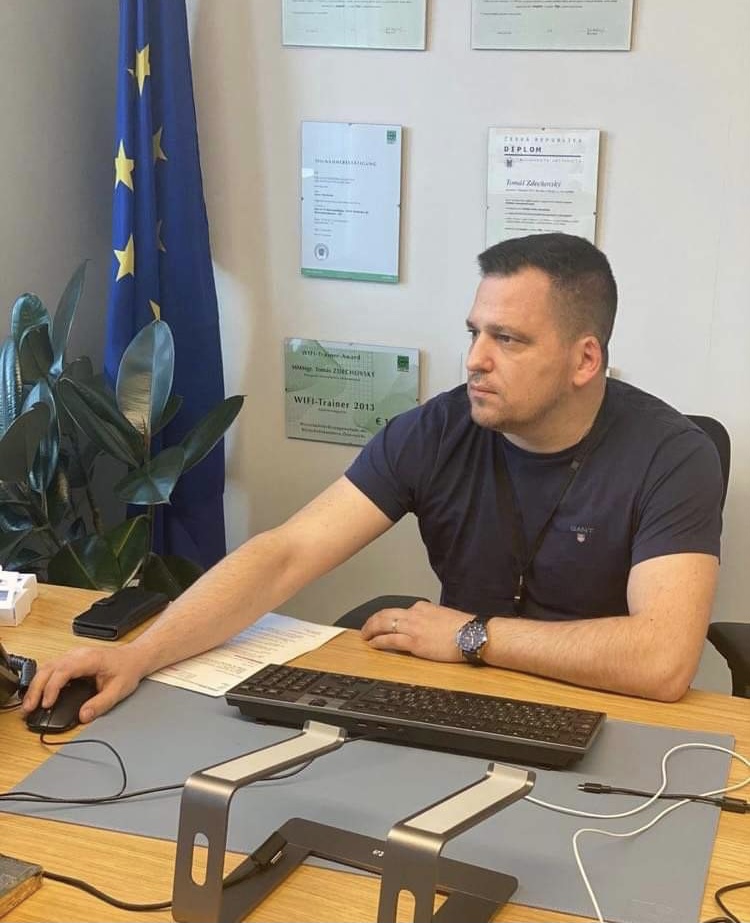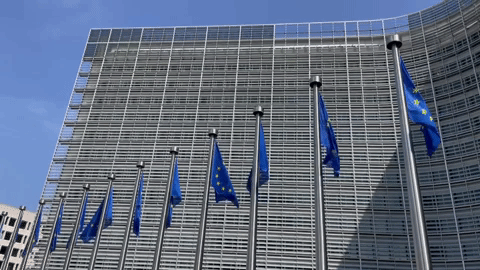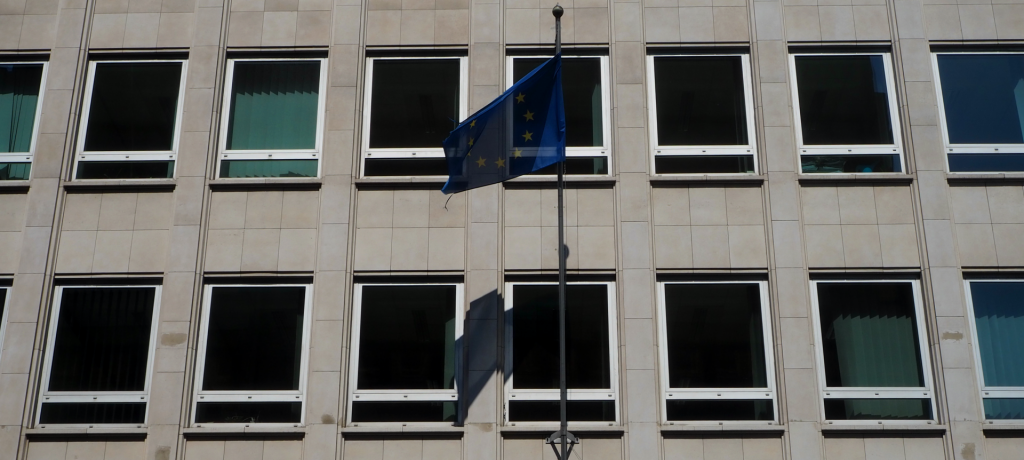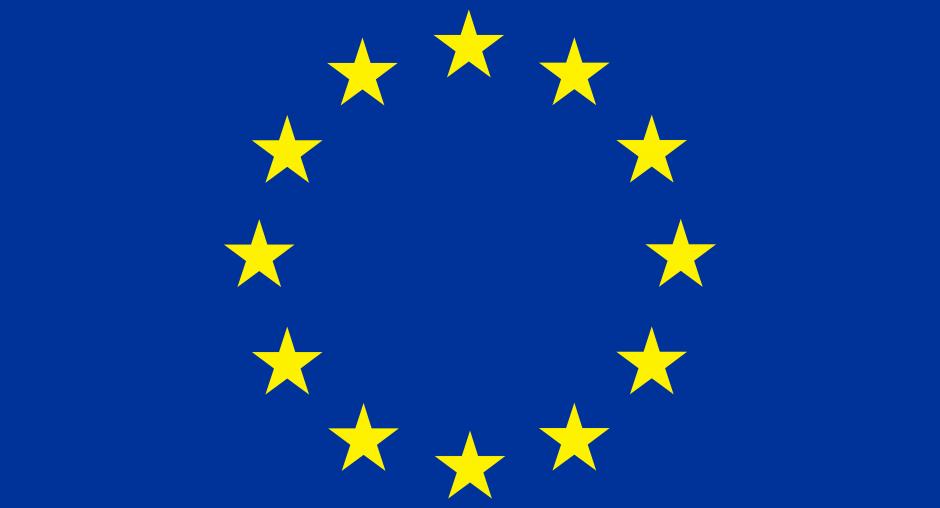The road to the EU, or the road away from it
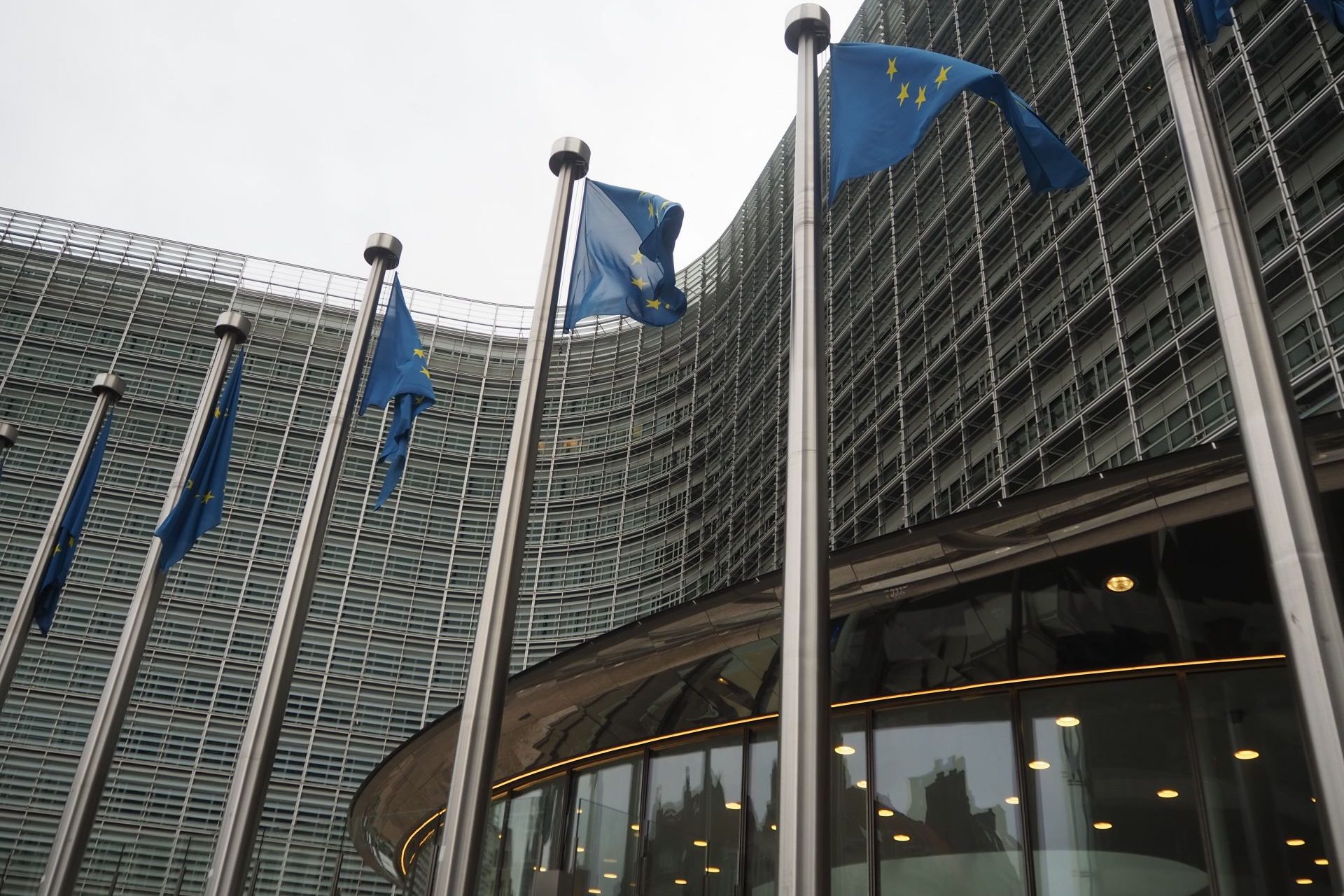
by Alena Harciníková, Linnéa Strömberg and Kyeonghwa Kara Yang
The EU and Hungary have become pen pals. This week, the European Commission sent an official letter to Budapest, and gave them two months to answer it. But, it’s not quite a love letter. Rather, it’s the next step in an over a year long process to be able to target countries that breach the rule of law and be able to cut the funding they usually get from the EU.
Hungary is one of the countries that receive the most money from the European Union, in comparison to how much they give. Around 2-3 percent of the country’s whole GDP is made up of their EU support money. And it’s been part of helping the economy bloom during recent years.
“We have got, as a member, tons of EU support. And even if some of it has been stolen by those in power, there was still a lot of money remaining, which Hungary spent on developing the country,” Hungarian journalist Katalin Halmai told us.
Three weeks ago, Orbán won the elections again and the European Commission swung into action. Hungary is now in real danger of losing EU money. “The economic system is under threat. We have very high inflation, a very high deficit, and very high debt. So, if they do not get money, it could cause serious problems,” added Halmai
This new letter sent by the EU on 27th of April does not mean that the EU has started to prosecute Hungary. So far, it’s just raising concern. It will take months before Hungary answers, and even longer before they come to some sort of agreement. But many voices say that this doesn’t matter.
According to Tomáš Zdechovský, a member of the European Parliament, the idea that Hungary would actually lose the funding is completely unrealistic. “All states, including Hungary, have to decide on it, and they will never do that,” said Zdechovský. According to him, such steps will never change Hungary’s leadership. “Knowing Hungarians and their mentality, this is what would make them even more angry with the EU. You can scold the Hungarians, threaten them, but they will not change,” he added.
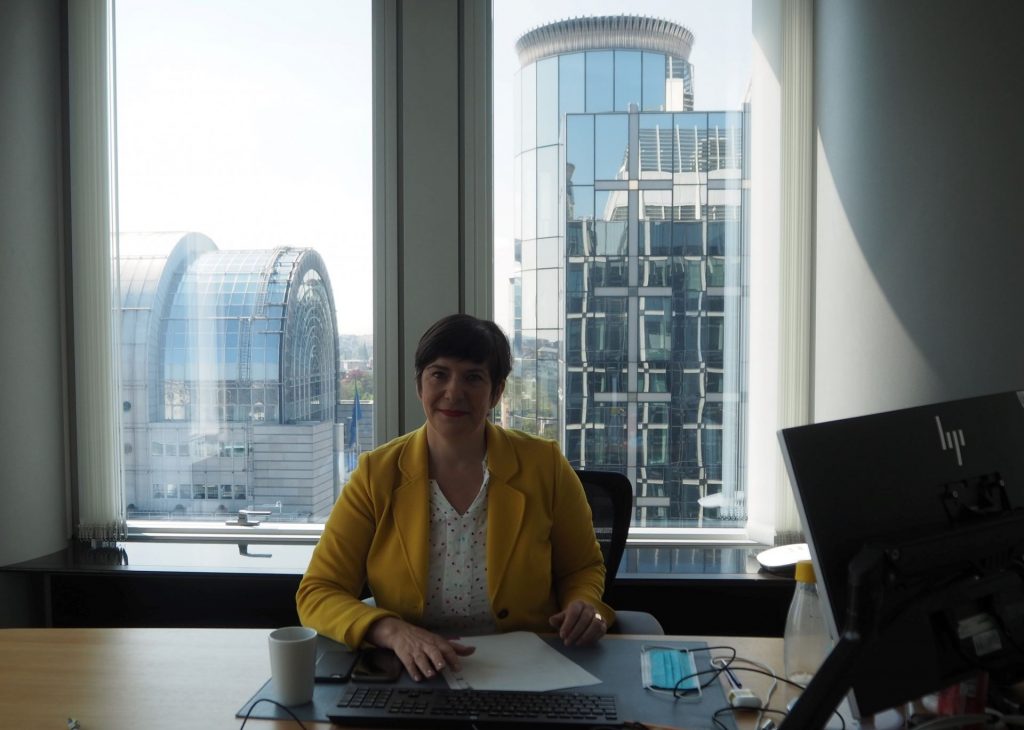
“Orbán could never have created his regime without European money. The EU founding was the basis on which Orbán built his regime, it was the basis on which he could support his oligarchs.”
This is partly supported by the journalist Halmai, who thinks that Orbán will find his own way not to lose the foundation in the end. “I think the Orbán government will do everything it can to prevent the commission from withholding the money. I think he will agree with the commission to return the money, sooner or later,” she said.
On the other hand, according to Hungarian Euro-politician Klára Dobrev, the cutting of the founding is necessary. “Orbán could never have created his regime without European money. The EU founding was the basis on which Orbán built his regime, it was the basis on which he could support his oligarchs – and these oligarchs then bought the media, the banking sector, the energy sector and so on. And that would never have happened without the money from the European Union,” she told us.
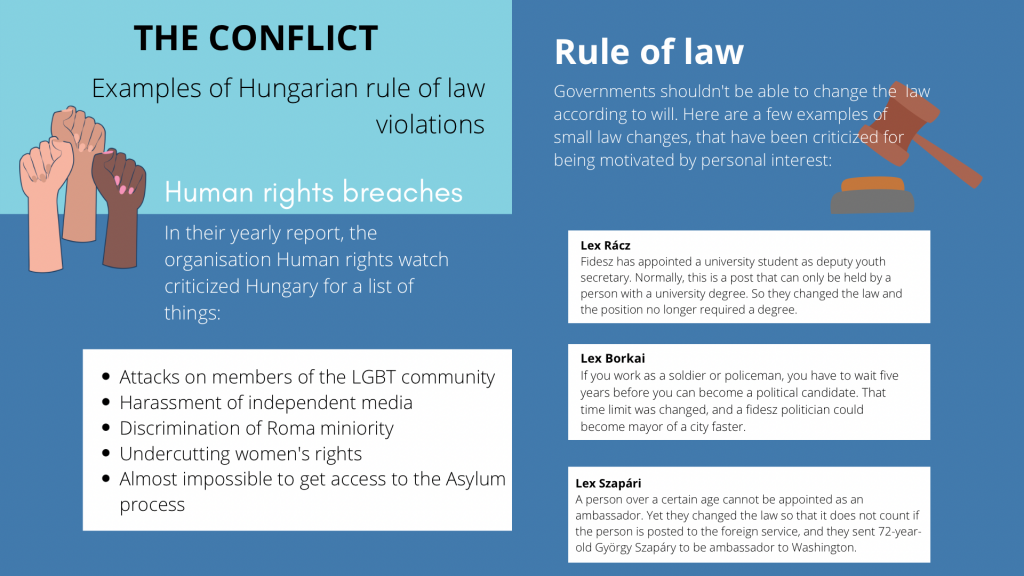
Who is Viktor Orbán?
Many things have been said about Victor Orbán, journalist Katalin Halmai would call him a very skillful manipulator, and his political opponent Klára Dobrev would call him talented, but reckless. On the other hand, some politicians called him “a good friend” for a long time – for example, MEP Tomáš Zdechovský.
He came to power in 2010 after a scandal in which a leaked speech in which the previous prime minister talked about how he had lied to his people. Orbán became popular for his attitudes and approaches. Zdechovský added to this theme: “It is not mistaken. Viktor Orbán is the star of Hungary’s Velvet Revolution, he is a man who was very educated, who tried to build democracy in some way.” Yet he has also since received a lot of backlash and protests from his own citizens. “The problem with Viktor Orbán is that he always says something different in Hungary, thinks something different and does something different here in Brussels,” added Zdechovský, who knew Viktor Orbán not only through the Fidesz party but also personally.
“We had a fairly close relationship with the Fidesz party. Well, during these relations we also met Viktor Orbán, and he was always educated, funny,” Zdechovský said. But he’s grown to be more critical, also about his resistance to the EU, ‘He overdid it in certain places,’ said Zdechovský, who thinks Orban’s politics is now isolating Hungary more and more from the EU. “Even his sabre-rattling between Putin and the European Union is an obstacle to the development of our relations.”
Domestically, Orbán also has both friends and enemies, and one who was up in the race to be his political opponent for this previous election is Klára Dobrev, from Democratic Coalition, who also sits in the European Parliament. She thinks his rule has set the country back in terms of important things like healthcare and democracy, and sees it as her mission to be his opponent.
“Every regime will collapse sooner or later,’ she said, ‘and our task, my task as Democratic Coalition, is to make sure it happens as soon as possible.’ Because that’s the interest of the Hungarian people,” she added.
Is Hungary’s Brexit coming?
Apart from questions about the whole funding situation for Hungary, there is also the question of whether the country will remain in the European Union.
According to MEP Tomáš Zdechovský, Hungary’s staying in the EU after the founding would be worthless. “I think Hungary would leave the EU. For them, the free trade area is great, but I think it’s a connected vessel with other things. But it’s really a very theoretical question, I really don’t think they would lose those funds,” he said.
Journalist Katalin Halmai, on the other hand, disagreed: ‘We definitely need to stay in the EU. And I don’t think Orbán would want it any other way. Whatever he says, and whatever progopanda tries to tell people, I think at the moment he wants to stay in the EU.”
However, the European Union is a group of countries where decisions are made by compromise and, so to speak, by unanimity, Klára Dobrev thinks Hungary’s behaviour will have far-reaching consequences. “No one was prepared for such an aggressive policy as Orbán. And as a Hungarian politician like me, I’m ashamed that it was because of Hungary that we had to introduce the rule of law regulation.” Klára said. She has been pondering the question of whether there is a possibility that Hungary would actually leave the European Union for a long time. “Every action has a reaction, so it is possible that, although we do not want to, our behaviour will lead us to leave the European Union,” she finally said.

